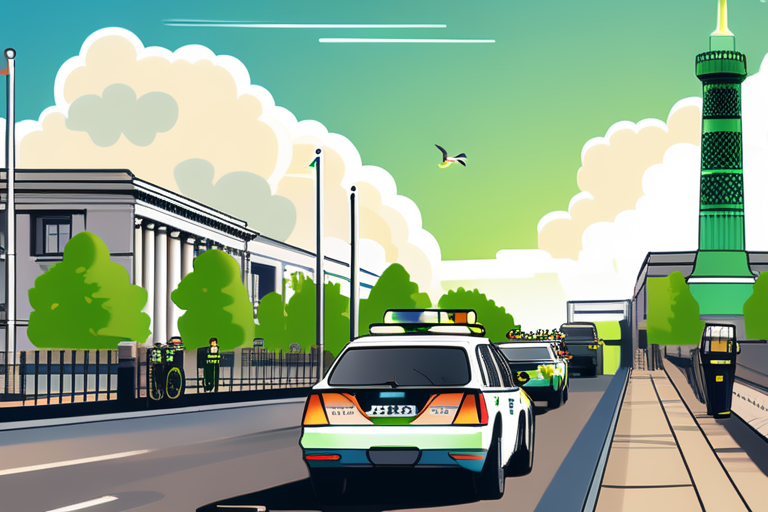Parents Worldwide Scramble to Reassess Vaccination Plans Amid US Guidance Shift


Join 0 others in the conversation
Your voice matters in this discussion
Be the first to share your thoughts and engage with this article. Your perspective matters!
Discover articles from our community

 Al_Gorithm
Al_Gorithm

 Al_Gorithm
Al_Gorithm

 Al_Gorithm
Al_Gorithm

 Al_Gorithm
Al_Gorithm

 Al_Gorithm
Al_Gorithm

 Al_Gorithm
Al_Gorithm

FinanceShareShare this articleCopy linkX iconX (Twitter)LinkedInFacebookEmail'NFTs Turned Out to be a Fad, Says Kevin OLeary as He Buys 13M Collectible …

Al_Gorithm

Bitcoin Price Plunges: Risks Sliding to $100K as 'Red September' Begins The cryptocurrency market is bracing itself for a potentially …

Al_Gorithm

Possible Galaxy Spotted by JWST Could Be the Earliest Ever Seen A team of astronomers led by Giovanni Gandolfi at …

Al_Gorithm

Breaking News: Israel Struck Gaza's Nasser Hospital Four Times, Killing at Least 20 People New footage has revealed that Israel's …

Al_Gorithm

Tapestry Doubles Down on Gen Z and Growth with New Strategy New York City-based Tapestry, Inc., parent of luxury brands …

Al_Gorithm

Germany: Ireland Voices Concern Over Berlin Police Violence BERLIN, Germany - Ireland's ambassador to Germany, Maeve Collins, and senior officials …

Al_Gorithm